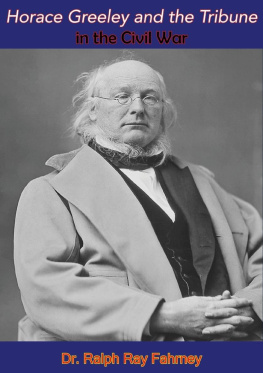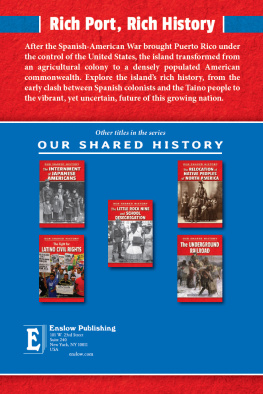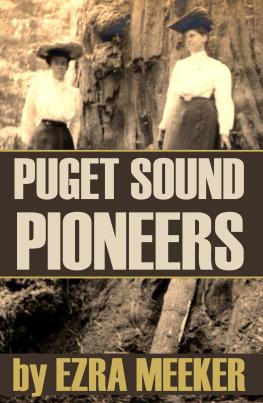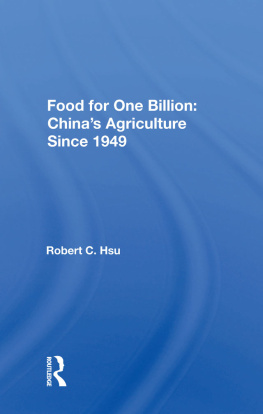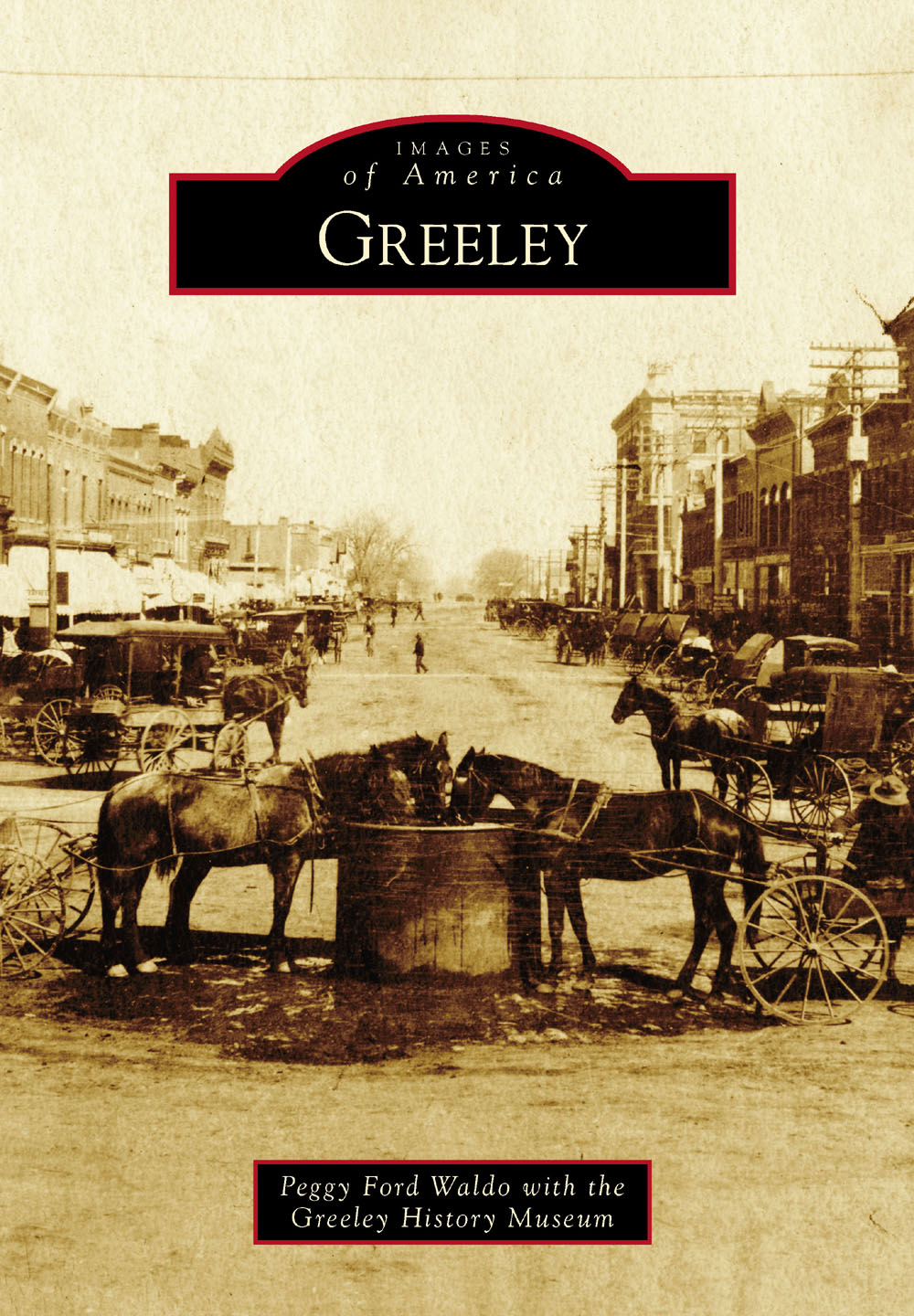
IMAGES
of America
GREELEY
ON THE COVER: Main Street (todays Eighth Street), pictured around the 1890s, was the core of the towns commercial district for several decades. A watering tank for horses anchored the intersection of Eighth Street and Ninth Avenue. The Greeley Electric Light Company, established in 1885, erected its power poles along the south side of Main Street. (City of Greeley MuseumsPermanent Collection.)
IMAGES
of America
GREELEY
Peggy Ford Waldo with the
Greeley History Museum

Copyright 2016 by Peggy Ford Waldo with the Greeley History Museum
ISBN 978-1-4671-3346-3
Ebook ISBN 9781439659144
Published by Arcadia Publishing
Charleston, South Carolina
Library of Congress Control Number: 2016949276
For all general information, please contact Arcadia Publishing:
Telephone 843-853-2070
Fax 843-853-0044
E-mail
For customer service and orders:
Toll-Free 1-888-313-2665
Visit us on the Internet at www.arcadiapublishing.com
Everyone has stories to tell, and treasures to share. Nathan Meeker, in the December 7, 1870, edition of the Greeley Tribune, encouraged Greeleys pioneers to collect and preserve natural specimens, artifacts and documents for posterity in the hopes that a museum could be organized in which to place a collection of common treasures that would be both instructive and entertaining.
This book is dedicated to the people of Greeleynatives, transplants, and transients! Meeker recognized the limitations of one and the power of many and said in his prospectus in the first issue of the Greeley Tribune, November 16, 1870: Individuals may rise or fall, property may be lost or gained. But the colony as a whole will prosper and the spot on which we stand will become the center of intelligence and activity. May you feel the energy of this remarkable community!
CONTENTS
ACKNOWLEDGMENTS
Many have informed, inspired, pushed, humored, and supported me as I wrote this book, and I humbly extend my deepest appreciation and thanks to the following: Nathan Meeker, who knew Greeleys history would be unique and worthy of preservation; the Meeker Memorial Library Association, for preserving historical records starting in 1900; the City of Greeley, for supporting four museums to preserve and interpret the heritage of Greeley and northeastern Colorado; generous citizens who have donated historical photographs, documents, and artifacts that made the writing of this book possible; Dan Perry, museum manager, for his encouragement and belief in this project; amazing, helpful, knowledgeable, and patient colleagues Ashley Baranyk and Katalyn Lutkin for scanning images, along with Caroline Blackburn, JoAnna Stull, Melissa Gurney, Dyani Johnson, and Sarah Saxe; Susan Seager, friend, volunteer, history sleuth, and humorist, who helped select images and proofread the text; and finally, my husband, Rob, who recognizes that I am tall on the inside and capable of reaching for anything I might desire!
Unless otherwise noted, all images are from the City of Greeley MuseumsPermanent Collection, and are archived in the Hazel E. Johnson Research Center at the Greeley History Museum. The center welcomes anyone searching for information about the people, places, and events in Greeley, Weld County, and northeastern Colorado. Contact the museums at www.greeleymuseums.com for additional information.
INTRODUCTION
Greeley, Colorado, was founded by Nathan Cook Meeker (18171879), a native of Ohio. An avid reader and independent thinker, Meeker left home at 17. During his life, he found work as a freelance writer, poet, novelist, philosopher, librarian, traveling salesman, storekeeper, farmer, journalist, newspaper publisher and editor, and Indian agent for the US government. During the 1840s, he was intrigued by the utopian ideas of Charles Marie Francois Fourier (17721837), a French socialist reformer. Fourier believed small agrarian communities based on cooperative ideals were preferable to large urban communities based on competition and industry. Meeker became Ohios chief spokesman for Fouriers ideas, known as Associationism in America. In 1844, he married Arvilla Delight Smith (18151905), and the newlyweds became promoters and residents of the Trumbull Phalanx, a short-lived (18441847) Ohio experimental commune based on Fouriers ideas. It failed due to a poor location, lack of capital, uncooperative individuals and outbreaks of ague or malaria.
In 1866, Horace Greeley hired Meeker as the agriculture editor of the New York Tribune, and the family moved from Dongola, Illinois, where they had lived since 1857, to Brooklyn. In October 1869, a reporting assignment brought Meeker to Colorado Territory. He was smitten with the spectacular Rocky Mountains, the abundant natural resources, friendly, helpful and prosperous businessmen, and the opportunity to inexpensively purchase or homestead fertile tracts of land in a climate renowned for its pure air, moderate temperatures, and perpetual sunshine. This trip rekindled his dream of a utopian community in the West, void of the problems that plagued the Trumbull Phalanx. Back in New York, Meeker penned his ideas in an article, A Western Colony, published in the New York Tribune on December 4, 1869.
The article, with Horace Greeleys endorsement, described the advantages of Colorado Territory, Meekers plan for a colony, and the type of people he desired: literate and temperate individuals with high moral standards and money. He received over 3,000 letters from Tribune readers. Encouraged by this response, a meeting was held at the Cooper Union on December 23, 1869, in New York City, and 59 people joined Meekers joint-stock colonization company, called the Union Colony No. 1. There were 737 individuals chosen as colonists between 1869 and 1871, and each paid a membership fee of $155. In February 1870, a locating committee came West and in April purchased 11,916 acres lying west of the confluence of the South Platte and Cache la Poudre Rivers for $59,970.88, which included filing fees for an additional 60,000 acres of government land. Greeley was platted in April, and its first elected trustees were Nathan C. Meeker, president; Robert A. Cameron, vice president; and Horace Greeley, treasurer.
In spite of many unforeseen challenges, Greeley, built on the Great American Desert, quickly prospered, and grew from 480 people in 1870 to 1,149 by 1871. Greeley was the model for other Colorado colonies, including the St. LouisWestern Colony at Evans; the Chicago-Colorado Colony at Longmont; the Larimer County Land Improvement Company (also known as the Fort Collins Agricultural Colony); the Tennessee-Western Colony, at Green City on the Platte River; and the Fountain Colony near Colorado Springs.
Seven ideals (temperance, religion, education, agriculture, irrigation, cooperation, and family values) guided Meekers selection of colonists and the development of Greeley. Its first residents were a homogenous lot: white, Anglo-Saxon, Protestant, thrifty, conservative, hardworking, law abiding, predominately Republican, and committed to Meekers vision. Many were Union veterans of the Civil War. They built ditches, reservoirs, fences, farms, ranches, residences, businesses, schools, churches, hotels, and buffalo hide tanning factories. Laws governing the distribution and use of water were created, potatoes became the first commercially viable crop, and large produce companies were established along the railroad.
Four elections in the 1870s pitted Greeley against its neighbor, Evans, in a contest for the Weld County seat. Greeley won this hard-fought battle in the 1877 election, and a three-story brick courthouse was built in 1883. In the 1880s, an electric light company was established, eight artesian wells were dug in the downtown area, and a $65,000 municipal water system was installed. Two opera houses and a system of ward schools were built, and in 1890, construction began at the newly established Colorado State Normal School. With a population of 2,177, Greeley was incorporated as a city of the second class in 1886 and established wards, a city budget, and elected a mayor and aldermen. Over the first 30 years, the colonists survived four locust plagues, a depression and blizzards in the 1870s, the ebullient growth and prosperity of the 1880s, and the Panic of 1893 and subsequent years of depression in the 1890s.
Next page

